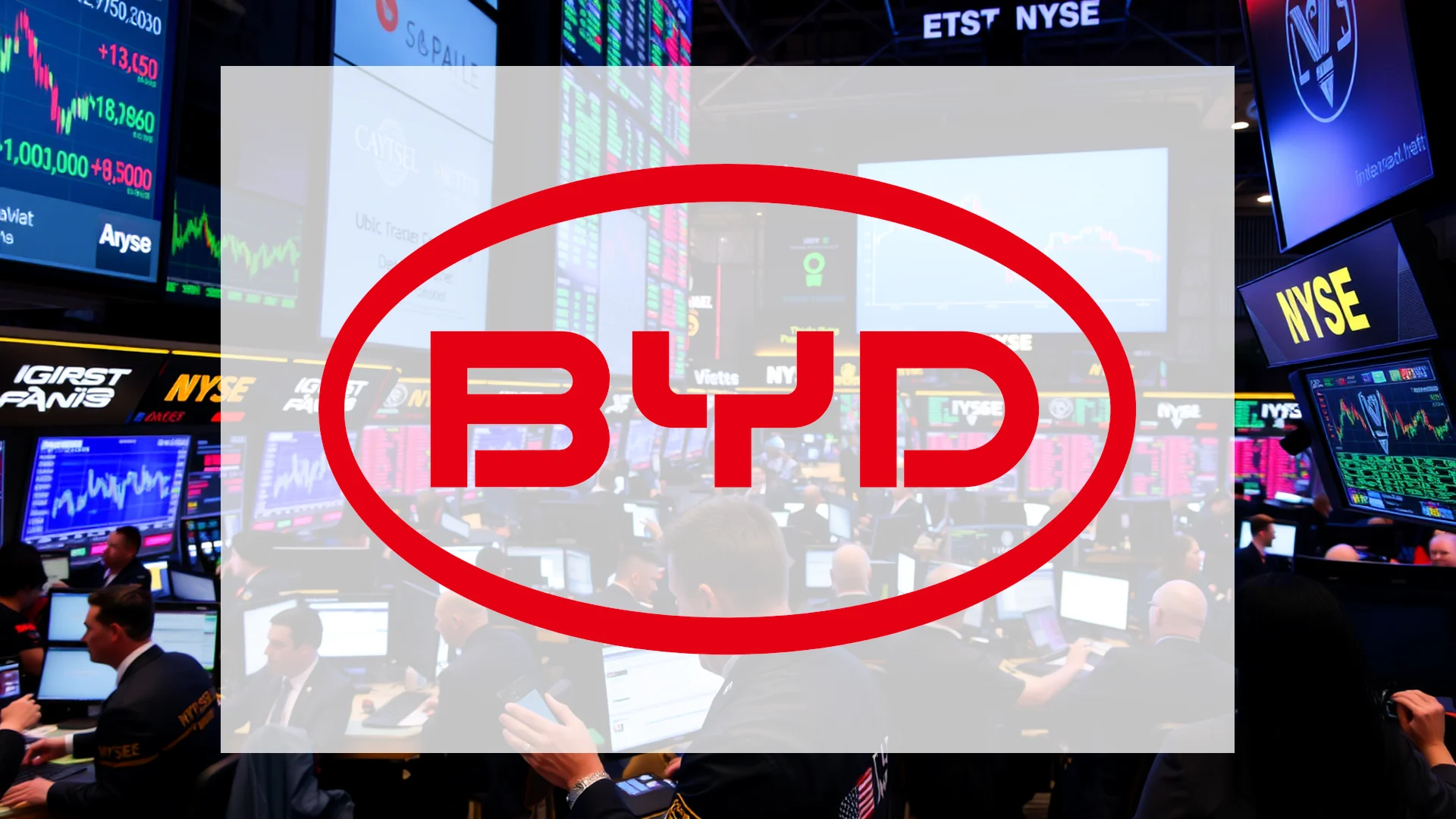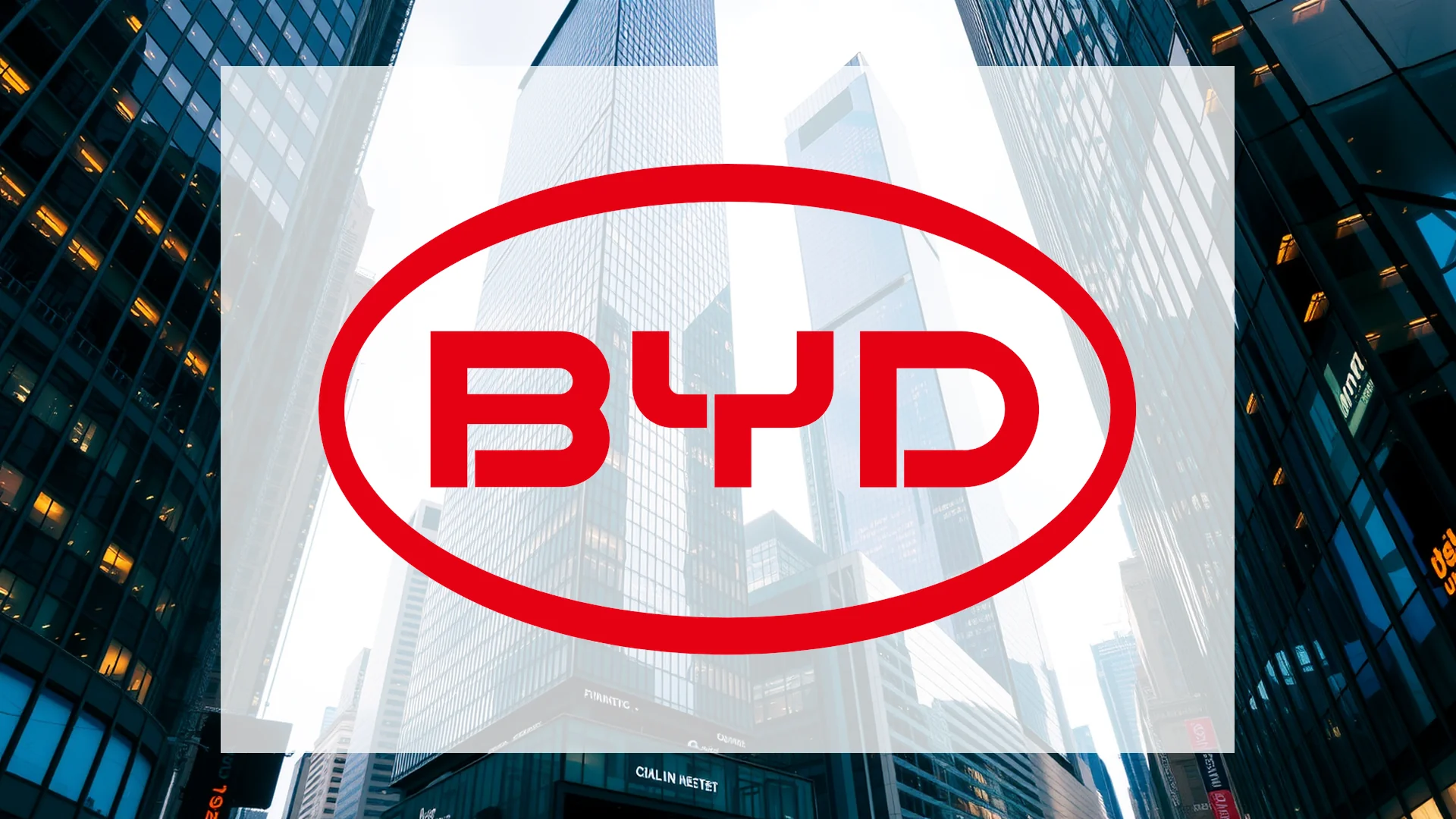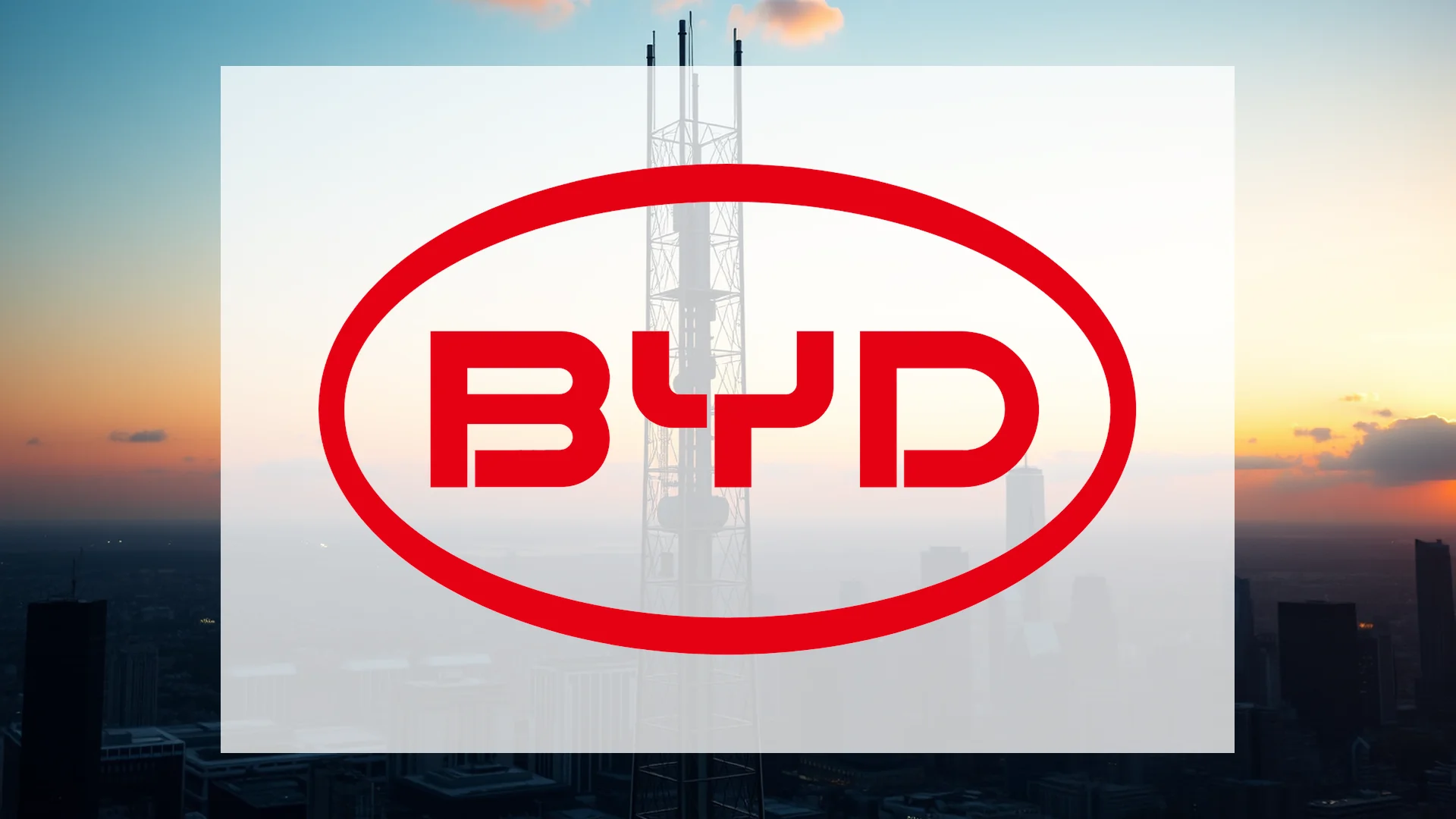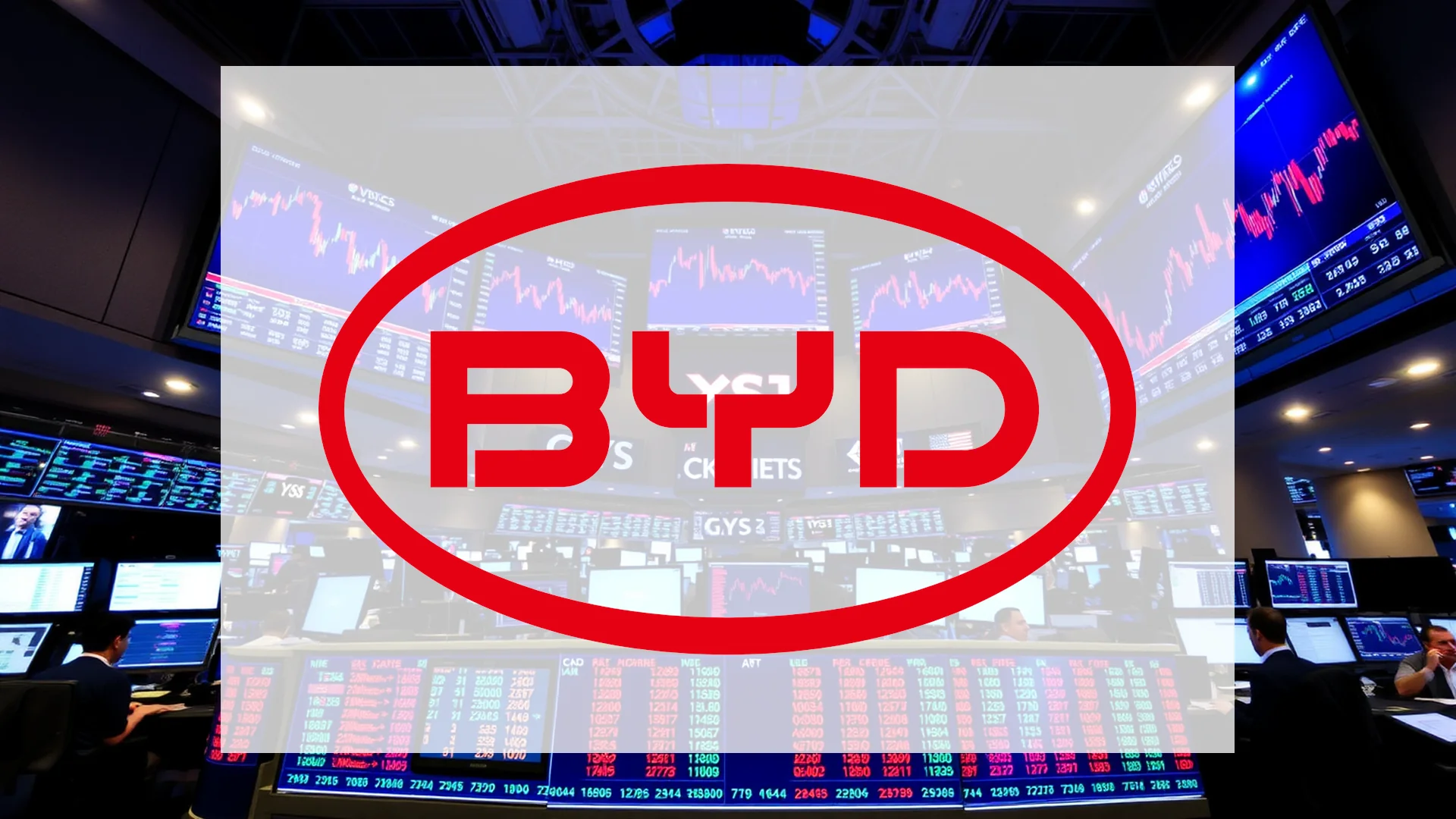
The Chinese electric vehicle titan BYD is currently navigating two significant crises simultaneously. A substantial vehicle recall due to quality control failures is coinciding with rising US-China geopolitical friction, creating a perfect storm that has shaken investor confidence. The sharp downturn in market sentiment today raises a critical question: is this the start of a more profound adjustment for the stock?
Geopolitical Tensions: Pentagon Listing Sparks Investor Anxiety
Compounding the operational setback, a potential geopolitical complication is emerging. Reports indicate the US Department of Defense is considering adding BYD to its significant “Section 1260H” list, which identifies Chinese military companies. While this action does not constitute an immediate trading ban, its chilling effect on institutional investors is substantial.
The mere prospect of this designation has triggered a sell-off that is also dragging down other major Chinese tech equities, including Alibaba and Baidu. Market participants are steering through turbulent conditions, concerned that a Pentagon listing could precipitate future forced divestments or exclusion from major index funds. Such fears are inevitably driving the stock’s risk premium higher.
Quality Control Crisis: Extensive Recall Weighs on Operations
The most immediate pressure on the share price stems from a technical issue. Chinese market regulators have confirmed that BYD is initiating an immediate recall of 88,981 vehicles. The affected models are the popular Qin PLUS DM-i plug-in hybrids manufactured between January 2021 and September 2023.
Should investors sell immediately? Or is it worth buying BYD?
The core malfunction originates from the battery module manufacturing process. Defects in production can result in diminished performance or, in extreme scenarios, a complete failure of the electric powertrain. This safety hazard necessitates costly software updates and physical inspections of the battery systems. Beyond the direct financial impact of the remedial work, the brand’s reputation in its fiercely competitive domestic market is now on the line.
Key Developments at a Glance
- Recall Scope: 88,981 Qin PLUS DM-i vehicles impacted.
- Technical Fault: Production defects in battery packs causing power loss.
- Geopolitical Risk: Potential inclusion on the US “Section 1260H” military list.
- European Growth: Vehicle registrations surged by approximately 207% in October.
- Model Launch: Introduction of the SEAL 6 in Hong Kong, priced at 158,000 HKD.
Global Expansion Continues Amid Domestic Headwinds
Despite the troubling news from China and the US, the automaker continues to press forward with its aggressive international strategy. The company has officially commenced sales of its all-electric SEAL 6 mid-size sedan in Hong Kong. With an aggressive price point of 158,000 HKD, which factors in local vehicle exchange programs, BYD is taking direct aim at international rivals in the lucrative sedan segment.
Simultaneously, performance in Europe tells a positive story. A jump of over 200% in new vehicle registrations for October demonstrates that its products are resonating with overseas consumers. This divergence between operational success abroad and concurrent regulatory and technical challenges at home presents a complex narrative. The market is currently balancing the tangible costs of the recall against the long-term growth potential in international markets. Investors are now watching closely to determine if the battery issues are an isolated incident or indicative of more systemic vulnerabilities within the supply chain.
Ad
BYD Stock: Buy or Sell?! New BYD Analysis from February 18 delivers the answer:
The latest BYD figures speak for themselves: Urgent action needed for BYD investors. Is it worth buying or should you sell? Find out what to do now in the current free analysis from February 18.
BYD: Buy or sell? Read more here...



